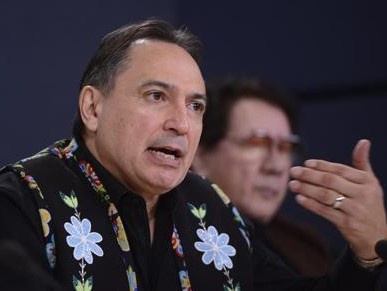
Bill C-92 passed in the last Parliament and took effect Jan. 1, setting national standards for Indigenous jurisdiction over child and family services. The agreement is a guide for discussions between Ottawa and Indigenous governments as each community moves to assert its control of child welfare for its own kids, recognizing Indigenous laws and customs.
National Chief Perry Bellegarde says provincial governments that want to cling to their jurisdiction over child welfare are the biggest barrier to implementing new legislation giving Indigenous communities control over their children's well-being.
Bellegarde and Indigenous Services Minister Marc Miller signed an agreement in Ottawa Monday morning that is the next step forward in implementing Bill C-92. The bill passed in the last Parliament and took effect Jan. 1, setting national standards for Indigenous jurisdiction over child and family services.
The agreement establishes a "joint fiscal table" on First Nations child and family services - a forum where Ottawa and First Nations can negotiate funding agreements to support communities who want to assume the responsibility of caring for children.
However, several provinces are concerned over the impact on their own roles in child-welfare programs, and Quebec is challenging the constitutionality of the bill in court.
The agreement is a guide for discussions between Ottawa and Indigenous governments as each community moves to assert its control of child welfare for its own kids, recognizing Indigenous laws and customs. Bellegarde says those discussions must also happen with provincial governments, which he pegged as one of the biggest barriers to reducing the number of Indigenous children in foster care in Canada.
Bellegarde said the agreement is about devolving power from the provincial care systems - where Indigenous children are vastly over-represented - to individual First Nations, so that more children can remain in their home communities.
There are more Indigenous children in care now than at the height of the residential school era.

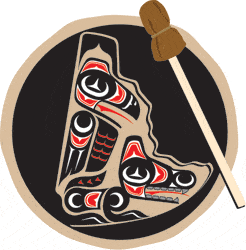

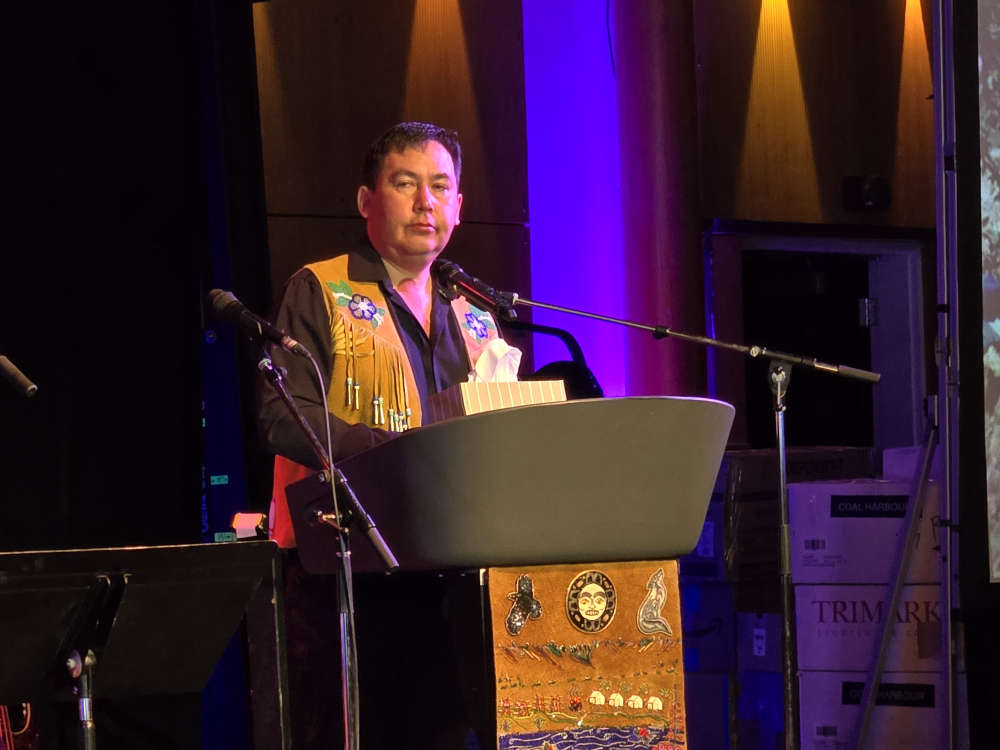 Kwanlin Dün First Nation celebrates 20th Anniversary of Final Agreement
Kwanlin Dün First Nation celebrates 20th Anniversary of Final Agreement
 Yukon RCMP Traffic Services are investigating a collision between a police vehicle and a cyclist
Yukon RCMP Traffic Services are investigating a collision between a police vehicle and a cyclist
 Former teacher calls out education minister for inaction
Former teacher calls out education minister for inaction
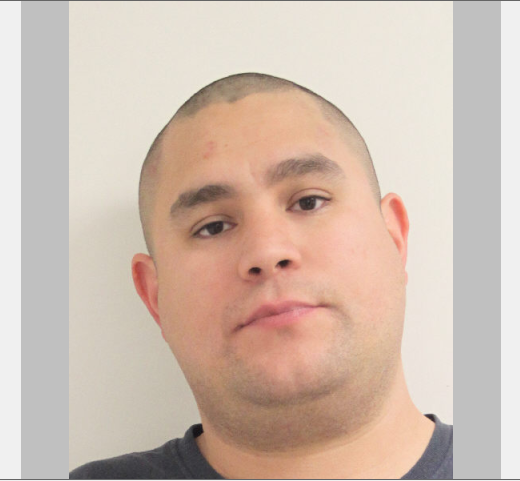 Yukon RCMP issue arrest warrant
Yukon RCMP issue arrest warrant
 Yukon Native Hockey Tournament kicks off its 45th anniversary with more teams than ever before
Yukon Native Hockey Tournament kicks off its 45th anniversary with more teams than ever before
 Whitehorse RCMP search for missing man
Whitehorse RCMP search for missing man
 B.C. man, two Watson Lake residents arrested on warrants in Whitehorse
B.C. man, two Watson Lake residents arrested on warrants in Whitehorse
 Ross River RCMP arrest two men in separate, unrelated investigations involving stolen rifles
Ross River RCMP arrest two men in separate, unrelated investigations involving stolen rifles
 Medical Staff Association president raise "significant concerns" surrounding acute care at Whitehorse General
Medical Staff Association president raise "significant concerns" surrounding acute care at Whitehorse General
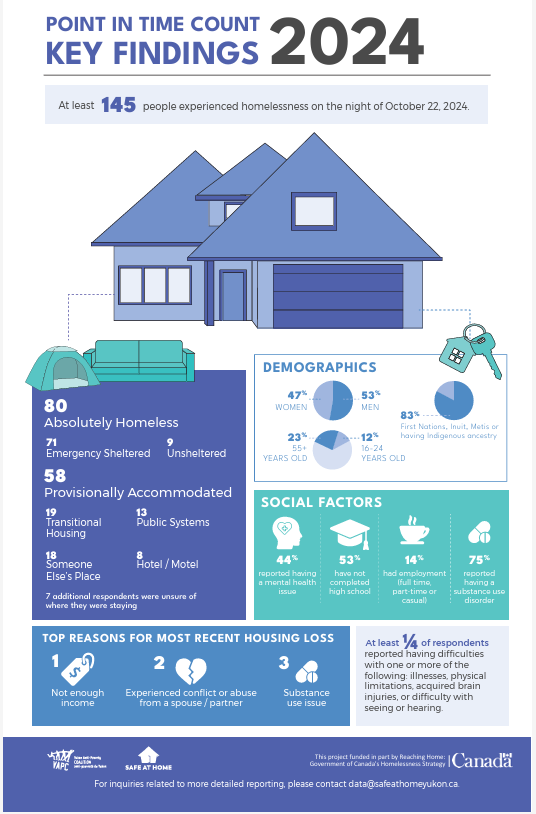 Whitehorse count indicates 83 per cent of homeless in 2024 were Indigenous
Whitehorse count indicates 83 per cent of homeless in 2024 were Indigenous
 Whitehorse RCMP seek public's help in locating missing 73-year-old man
Whitehorse RCMP seek public's help in locating missing 73-year-old man
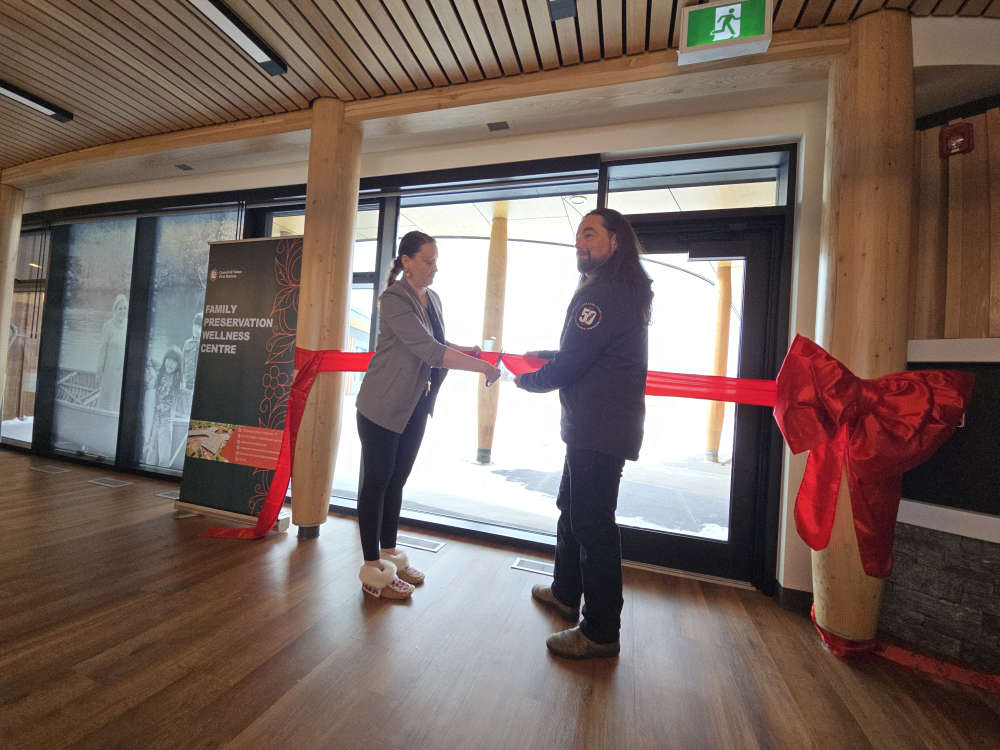 CYFN opens new wellness centre in Whistle Bend
CYFN opens new wellness centre in Whistle Bend
 'Old Crow a Philosophy' makes global premiere at YAC
'Old Crow a Philosophy' makes global premiere at YAC
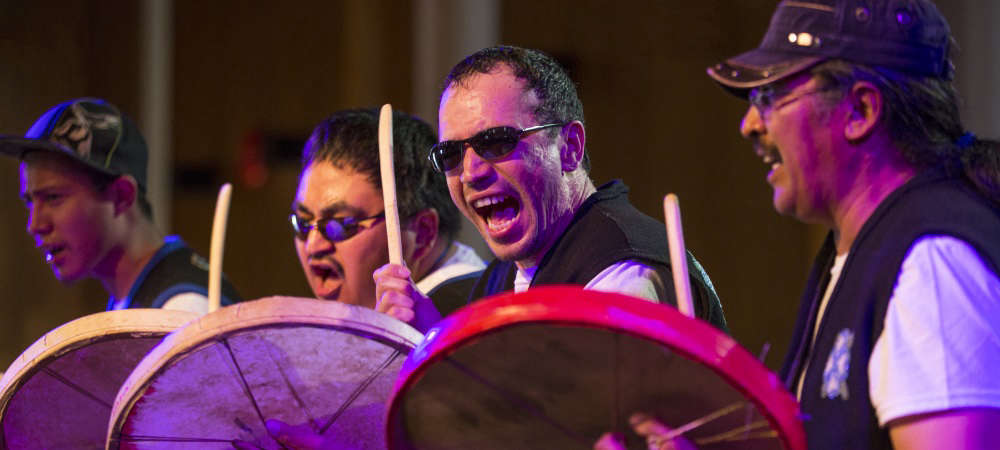 Yukon First Nations Culture and Tourism Association cancels events for 2025, including Adäka Festival
Yukon First Nations Culture and Tourism Association cancels events for 2025, including Adäka Festival
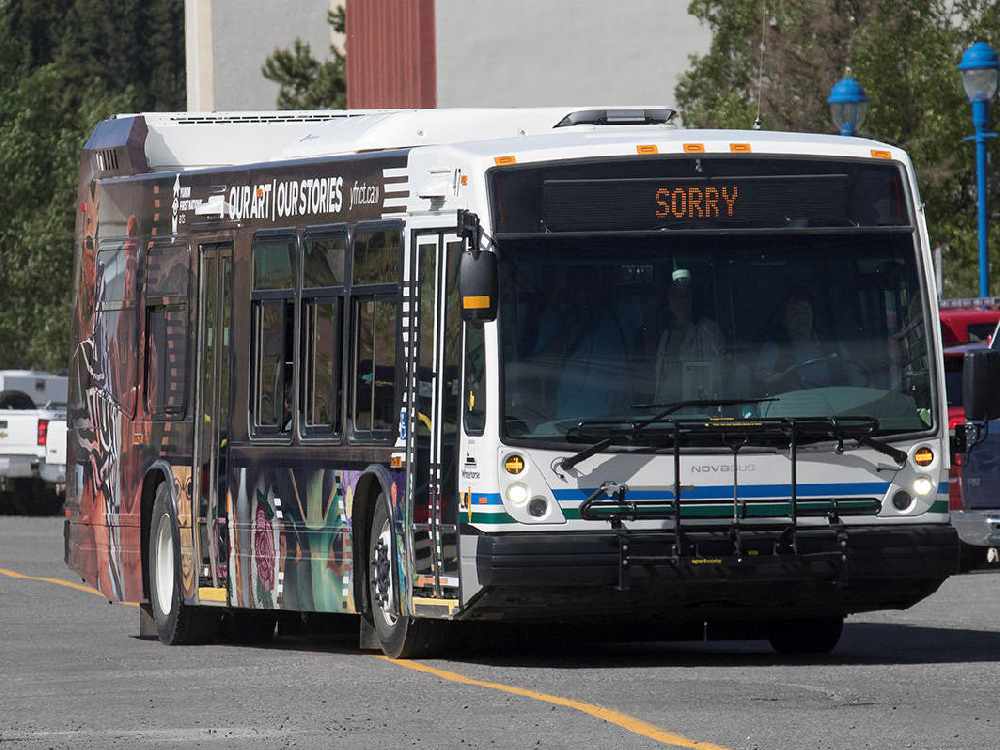 Whitehorse residents and Yukon NDP speak out against a proposed transit fare hike
Whitehorse residents and Yukon NDP speak out against a proposed transit fare hike
 Diane Strand wins Haines Junction mayoral byelection
Diane Strand wins Haines Junction mayoral byelection
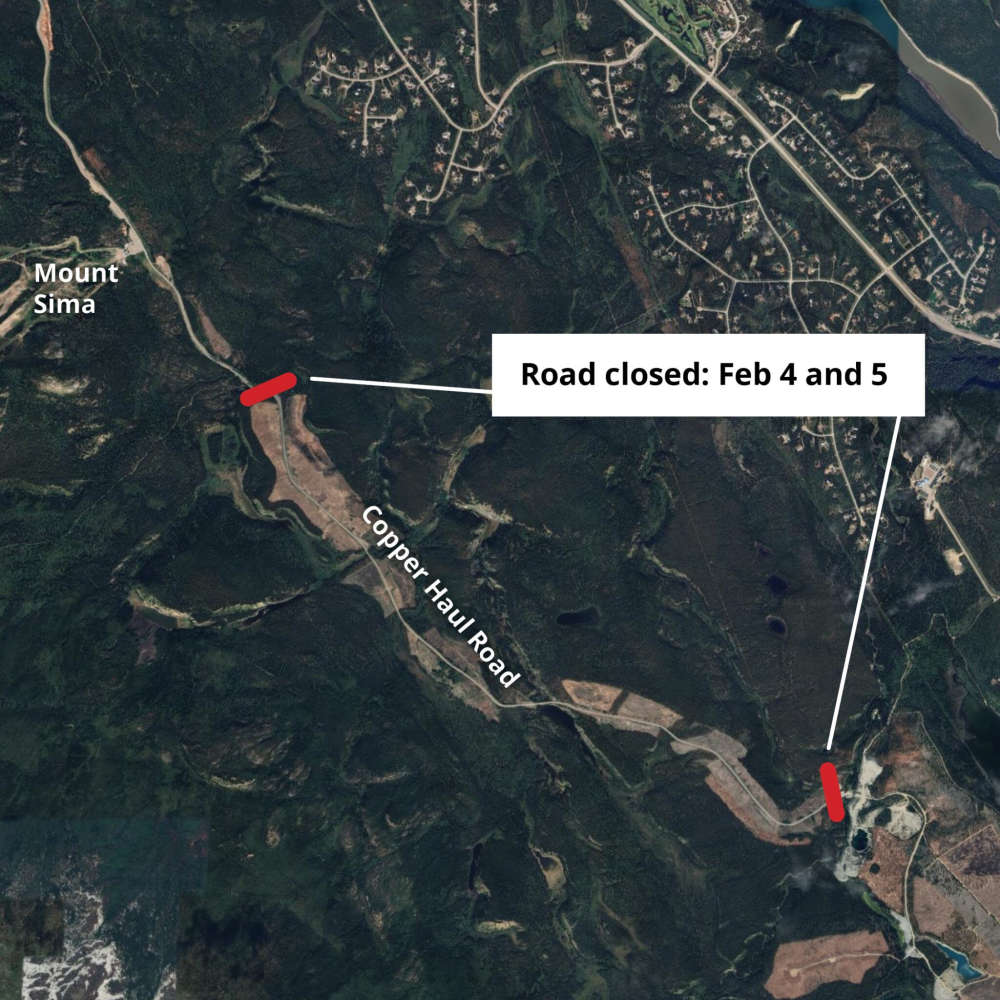 Copper Haul Road closure announced for bridge repairs
Copper Haul Road closure announced for bridge repairs
 Yukon Government and Canadian Government partner to boost local businesses
Yukon Government and Canadian Government partner to boost local businesses